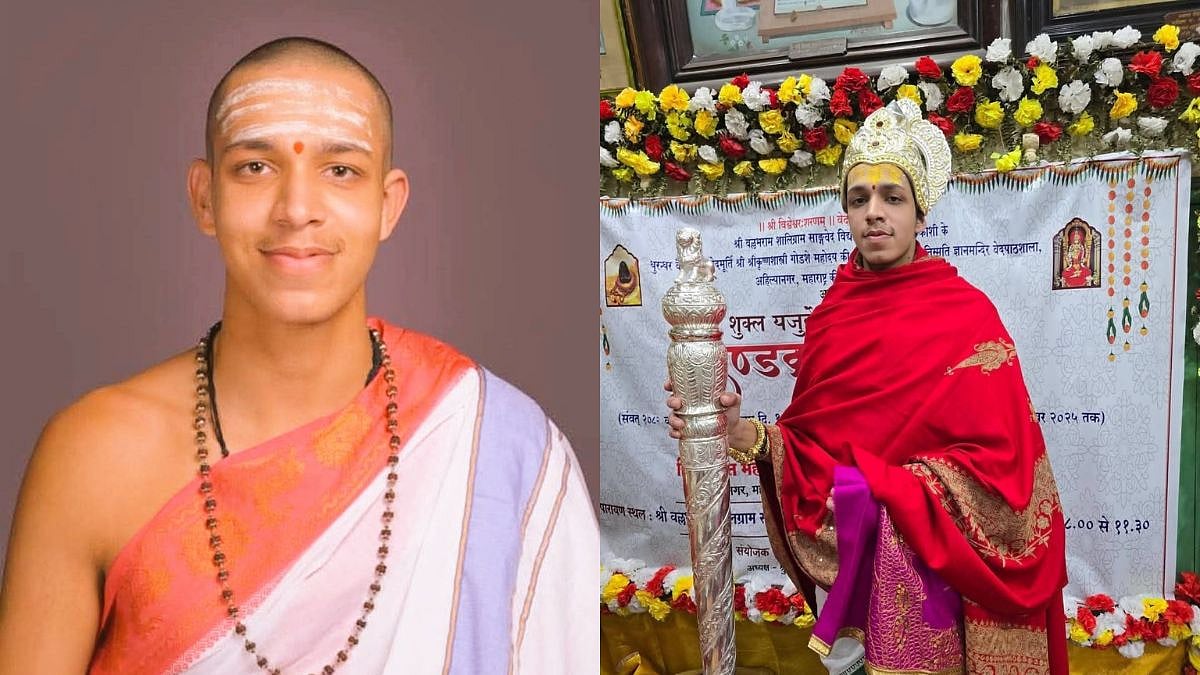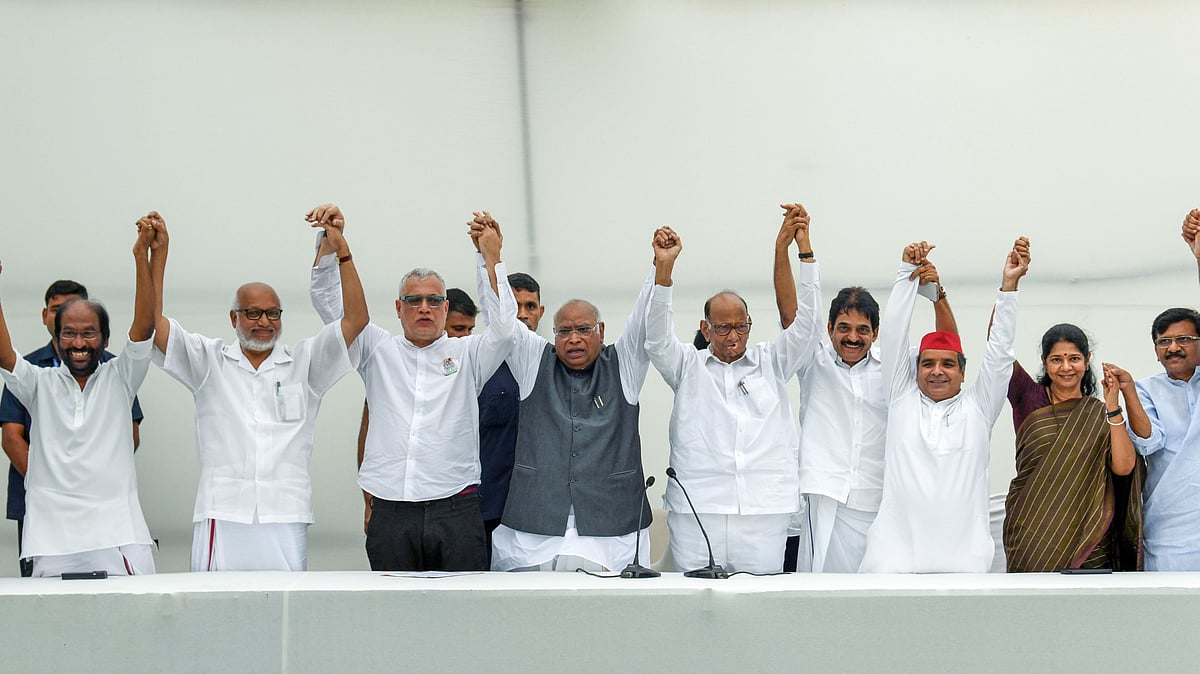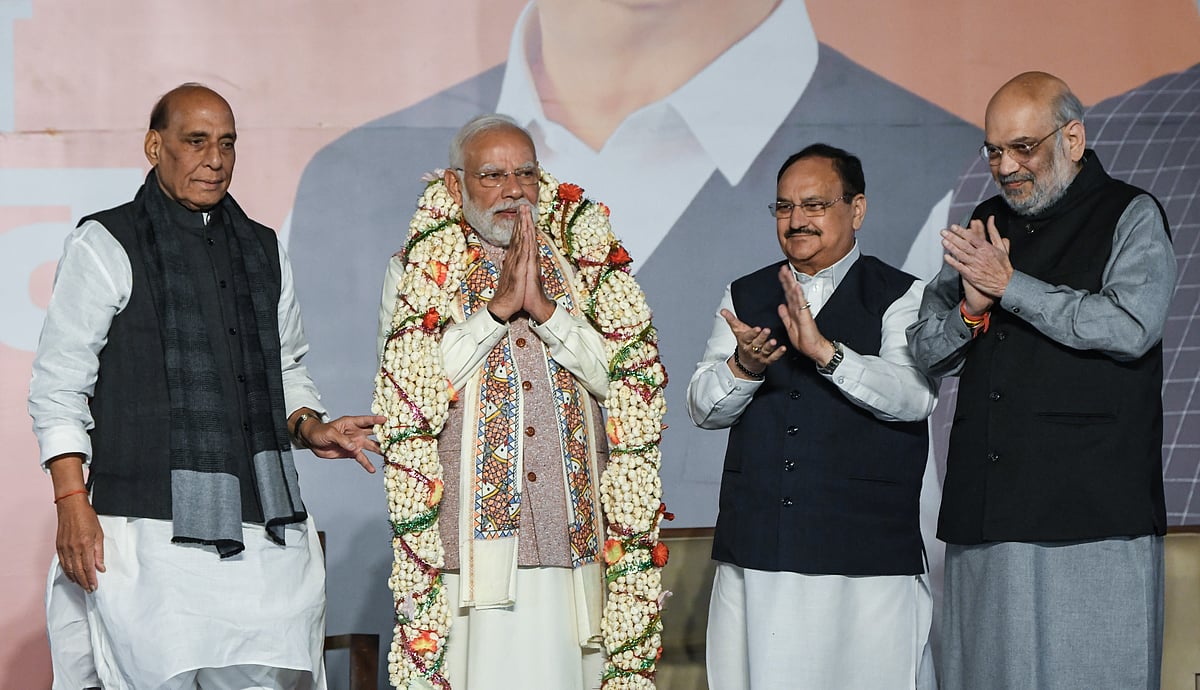Prime Minister Narendra Modi’s 11th consecutive Independence Day speech will be remembered not only for its duration but also for its significant content. Among the key points discussed, his advocacy for a secular civil code stands out. This proposal has long been a cornerstone of the Bharatiya Janata Party (BJP), dating back to its origins as the Jan Sangh. Traditionally, the party has championed a uniform civil code, but this speech marked the first time Modi referred to it as a “secular civil code”, labelling the current personal laws as communal. Modi’s reference to a secular civil code indicates a strategic shift, potentially aiming to garner support from non-BJP parties crucial for the enactment of such legislation. He highlighted several Supreme Court judgments underscoring the necessity for a secular civil code, aligning his stance with judicial precedents. This approach may help build a broader consensus, which is essential for the successful implementation of such a transformative law.
The context of Modi’s speech is important. The Modi government introduced a new penal code, replacing the century-old Indian Penal Code (IPC), although it faced criticism for inadequate parliamentary discussion. Similarly, the proposal for a secular civil code comes after decades of debate and judicial intervention. Notably, the Supreme Court has often ruled in favour of secular laws prevailing over personal or religious codes. For instance, in the case of the Syrian Christian succession law, the Court granted Christian women equal rights to their parents’ property, similar to women from other communities. Additionally, a Muslim government employee may lose his job for marrying multiple women, despite religious sanction.
Goa has been a pioneer in implementing a secular civil code, and there is widespread agreement on the principle that all citizens should be treated equally under the law. However, achieving this requires inclusive dialogue. Modi should engage with various societal segments to ensure the law is fair and non-discriminatory. Current legal disparities, such as Christians being unable to adopt children and only undivided Hindu families receiving certain tax benefits, highlight the need for reform. Ultimately, the success of a secular civil code will depend on its implementation. Ensuring that every citizen enjoys equal rights and privileges is paramount. As the saying goes, “The proof of the pudding is in the eating of it.” Modi’s speech has set the stage for a critical discourse on secularism and equality in India, and the nation now awaits the next steps in this potentially transformative journey.









